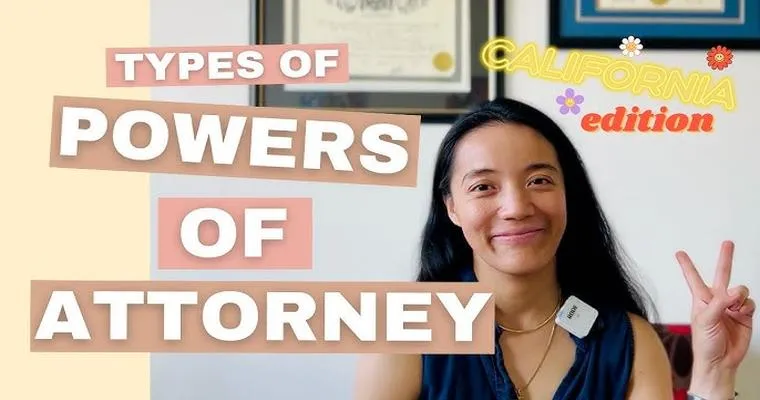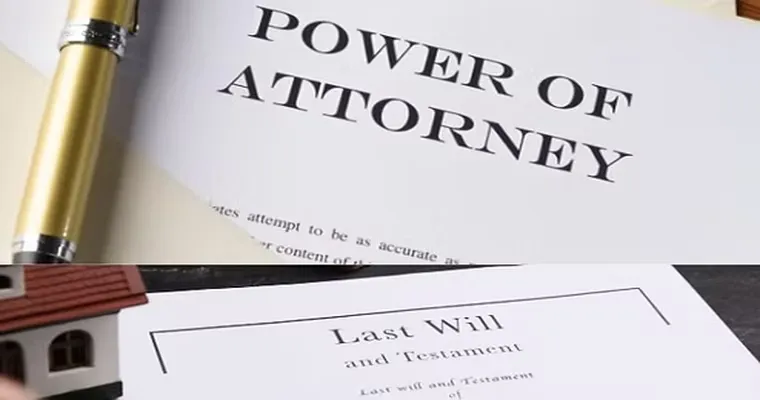Understanding the "Power of Attorney" can be a crucial aspect of financial and legal planning. This legal document grants an individual or organization the authority to act on behalf of another person in various matters, including financial decisions, healthcare choices, and legal affairs. Whether you are considering establishing a "Power of Attorney" or have been asked to serve as one, it is important to grasp its significance and implications.
A "Power of Attorney" can be categorized into different types, each serving distinct purposes. The two most common types are "Durable Power of Attorney" and "Springing Power of Attorney". A "Durable Power of Attorney" remains effective even if the principal becomes incapacitated, while a "Springing Power of Attorney" only takes effect upon a specific event, such as the incapacitation of the principal. Understanding these differences is essential for both the principal and the agent involved.
The designation of an agent is a critical step in creating a "Power of Attorney". The agent, often referred to as the attorney-in-fact, should be someone trustworthy, as they will have significant control over the principal's affairs. It is advisable to choose an individual who understands the principal's wishes and values, ensuring that decisions align with their best interests.
When drafting a "Power of Attorney", it is imperative to clearly define the scope of authority. This can include financial transactions, real estate decisions, and healthcare directives. The more specific the document, the better it protects the principal's interests. In some cases, individuals may choose to limit the authority of the agent, allowing them to act only in certain situations or for specific purposes.
It is also essential to consider the "Power of Attorney" laws specific to your state, as these can vary significantly. Some states may require the document to be notarized or witnessed to be legally binding. Failing to follow these requirements can render the document invalid, leading to complications down the line.
One of the most significant advantages of having a "Power of Attorney" is the ability to ensure that decisions can be made promptly in times of crisis. For instance, if a principal becomes incapacitated due to illness or injury, the agent can step in to manage their affairs without the need for court intervention. This can save time, reduce stress, and provide peace of mind to both the principal and their loved ones.
However, it is vital to understand the potential risks associated with a "Power of Attorney". If misused, an agent can exploit their authority for personal gain. To mitigate this risk, it is advisable to include safeguards in the document, such as requiring the agent to provide periodic accountings to a trusted third party.
In conclusion, the "Power of Attorney" is a powerful legal tool that can provide significant benefits in managing personal affairs. Whether you are looking to establish a "Power of Attorney" or serve as an agent, understanding its implications and ensuring that it is tailored to your specific needs is crucial. By taking the time to educate yourself about this important document, you can make informed decisions that protect your interests and those of your loved ones.





